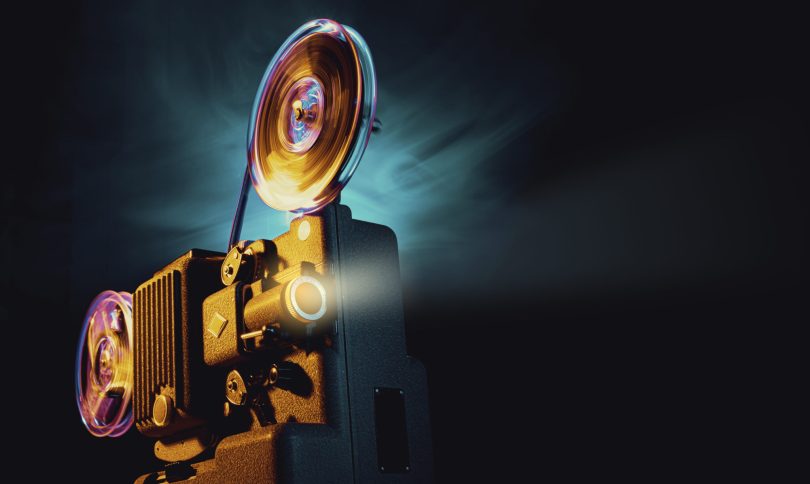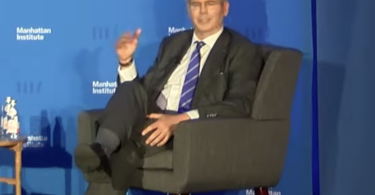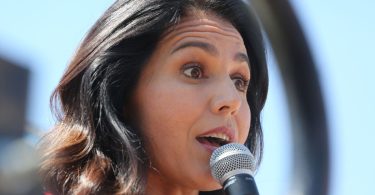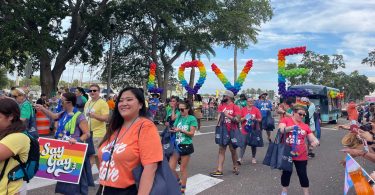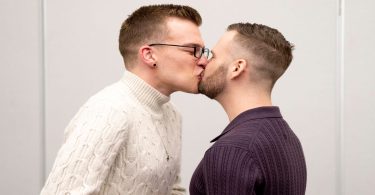Angela Cooper and Ona Marshall contributed a powerful commentary regarding the Sundance Institute’s elimination of Louisville from its list of host cities. I support everything they say, and thank them for writing it. But as a lifelong activist in documentary and independent filmmaking, I offer another perspective — not contradictory but supplemental.
If one believes — as I believe — in the power of art to change hearts (so much more difficult to move than mountains), I suggest Sundance should be targeting cities like Louisville and Nashville and Orlando in states like Kentucky and Tennessee and Florida, rather than withdrawing from them.
It’s no wonder Sundance didn’t choose Kentucky
I have in mind a program of independent media designed with LGBTQ youth and young women in mind, curated by Sundance in collaboration with, for example, Frameline, the San Francisco-based LGBTQ media distributor, and local contacts, such as the Kentucky Fairness Campaign.
All three states have LGBTQ and women’s organizations, private foundations, and concerned individuals who would, I believe, contribute to the cost of curating programs and supporting documents as well as touring. I imagine such a program presented in private venues (e.g., museums, supportive churches) where youth and, if they chose, their parents and teachers would be invited to attend, with discussion groups to follow. Local civil rights activists would chair; local legislators would be provided an invitation to attend and justify their votes.
My proposal has a distinguished precedent: In 1978 the California LGBTQ community faced a ballot initiative proposed by state Sen. John Briggs unhappily similar to the “don’t say gay” laws passed by legislatures in Florida, Tennessee, and Kentucky and pending in other states. In response the LGBTQ community organized community forums statewide. The most famous of these debate teams featured San Francisco Board of Supervisors member Harvey Milk and San Francisco State University professor Sally Gearhart, but there were many others. I served on one, traveling to suburban and small town community colleges and churches to debate the proposition with the initiative’s sponsors.
We were spat upon, vilified, and assaulted, even as we bonded as a community in ways that in hindsight prepared us for more difficult challenges to come. And in the end we won: In midsummer 1978, polls showed the Briggs initiative winning by an overwhelming majority; that November it lost resoundingly. The success story has a sobering coda that illustrates the price of the ticket: A few weeks after that victory, Milk was assassinated in his City Hall office.
If one doubts the power of art, consider perhaps the most powerful slogan to emerge from the 20th century — three simple, unforgettable words coined by gay New York graphic artists: Silence = Death. But the slogan implies its inverse: Action = Life. “Don’t say gay”: It reads like a command but in fact is an invitation and opportunity to tell our stories.
These states’ discriminatory legislation also has a precedent: Between 1865 and 1950, Jim Crow laws enacted by Southern legislatures, led by Kentucky, drove many African Americans to leave the state. Asked whether writers should excavate and tell painful stories of past violence and discrimination, University of Kentucky professor Frank X Walker said, “I believe the truth shall set you free.” Indeed it shall, but one must start by speaking it out loud. What local activists need from arts organizations based in more open-hearted states is not a turned back but a helping hand.
If women seeking control over their reproductive decisions and LGBTQ Southerners are to have a future other than that envisioned by the white Republican legislative majorities (“get out”), now is the time to act. I keep always in mind the words of James Baldwin, that great Black, gay voice of the American conscience: “There is never a time in the future in which we will work out our salvation. The challenge is in the moment, the time is always now.”
Editor’s note: Fenton Johnson will be in conversation with authors Brother Paul Quenon and Jon M. Sweeney in “Reflections on A Spiritual Journey” at 11:15 a.m. Saturday, Nov. 2, at the Kentucky Book Festival at Joseph Beth Booksellers in Lexington.

